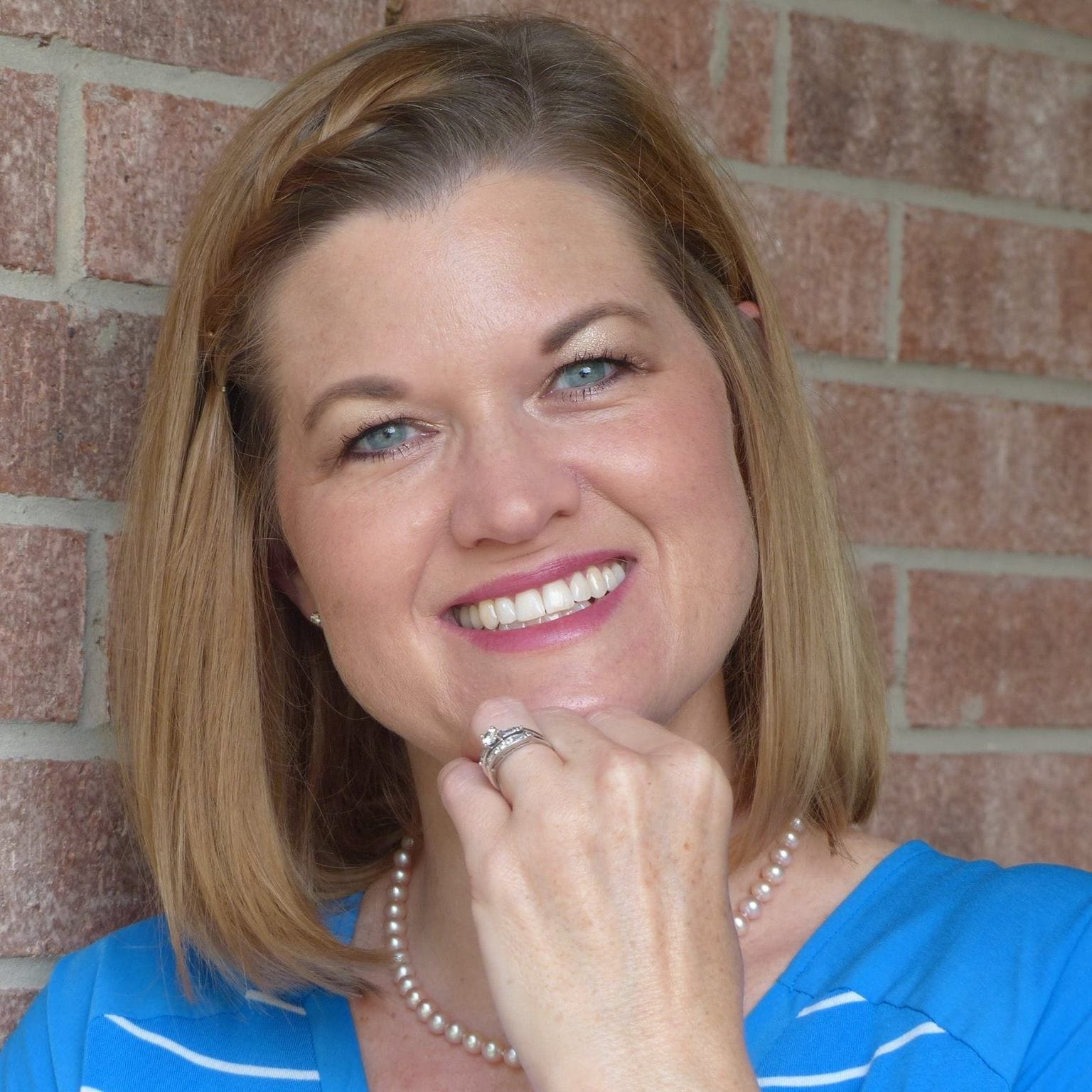Like many mothers, Dr. Kris Kittle takes a great deal of interest in her children’s education, and after being shocked into action by her school district’s controversial restroom proposals, Kris has been a positive, conservative voice in her local community.
Originally from South Dakota, Kris has been living in Texas for about 22 years and in the North Fort Worth/Keller area for nearly eight years with her husband and their two daughters, both of whom were adopted from China.
Having earned her Ph.D. in higher education with a concentration in community college, Kris said she first jumped into education politics in 2016.
“What started it was back in 2016 when we saw this move in area districts about wanting to have transgender open bathrooms. I then ran for school board the first time, and then just became really actively involved in this district in a variety of different committees, just getting into the nitty-gritty of how things were working and who’s doing what and how things work.”
In 2019, Kris ran again for a seat on the board of the Keller Independent School District, and after falling short, she’s now shifted to impacting her local school campuses. In addition to speaking out on districtwide issues, Kittle spends her time and energy serving as a substitute teacher and connecting with other teachers, as well as blockwalking and volunteering for campaigns.
“I think the things we’re seeing in K-12 and how [the district] is spending their money, and their ‘priorities’ and what they’re doing, are not a whole lot different than what we’ve seen [in] higher education over the last several decades. It’s interesting to see the similarities between them. They both don’t ever have enough money, they both have a large amount of administration, and real emphasis on … administration and not as much emphasis on what goes on in the classroom.”
Kris said she wants to see more care for teachers and students.
“We say that we take care of our teachers and that educating our students is No. 1, but when you look at where the money goes and what is talked about in the district—as far as the priorities—I would argue it is not the teachers and it is not in educating the students. It is in pushing an agenda, whatever [the district’s] agenda is at the time.”
Kris is also not afraid to let the KISD superintendent know where she stands on the issues.
“I don’t have any qualms or any problems reaching out to the superintendent … if there is something that is unjust that needs to be addressed or something that he needs to be informed about. He only knows what his people are telling him. I feel as a parent—as someone who is boots-on-the-ground, seeing these things—I can make sure he is aware of what’s going on. And then it’s up to him on how he’s going to handle it, but he knows people are watching.”
She also feels that when it comes to making decisions, the right questions need to be asked. As an example, Kris referenced KISD’s recent announcement—before the coronavirus shutdown—that they would be converting an intermediate school into a high school that focuses on medicine.
“People think that sounds great, and it does sound great,” Kris said. “But is it what we as a community want, [and] how many students do we have that have expressed an interest in this?”
As for why Kris got involved, the answer is simple: her kids.
“Both of my girls are adopted from China, and my oldest one came home when she was 13,” she said. “She started school in America in eighth grade, and she didn’t know English really at all.”
Kris added that a battle with the Texas Education Association over her daughter having to take the STAAR test also spurred her on.
“Why should [students] take the STAAR when they can’t even understand or read English? What is it they want the STAAR assessment to tell them if the kids can’t even comprehend the question?”
For Texans looking to get started making a difference in education, Kris advises getting involved in committees at your school.
“It’s been my experience that the district selects the people that are on these community committees,” she said. “And they tend to be people who will side—if you will—or follow whatever it is that [the school board] tells them.”
“I would just encourage people to start somewhere, find out where there’s a committee they can be part of, and just learn more about the district and who the players are. You don’t have to jump in with both feet and be on everything, but just pick one thing.”
Kris currently works as an adjunct professor at Dallas Baptist University. In her free time, she enjoys yoga and reading historical fiction and history books.





